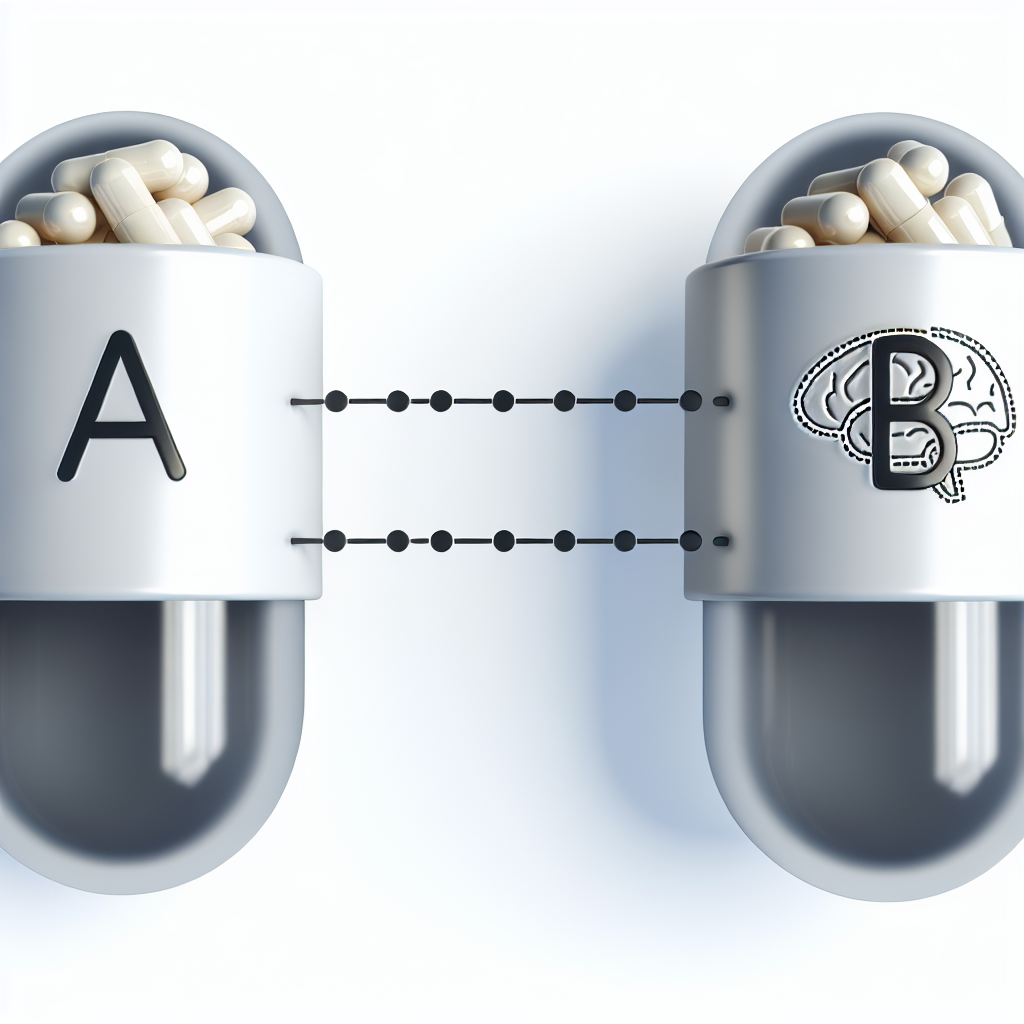Discovering the key nutrients your body needs every day can feel overwhelming, given the abundance of information available. But some vitamins, like Vitamin A and Thiamine (Vitamin B1), deserve your special attention. These two essential nutrients play different roles that complement each other—Vitamin A focuses on vision, immunity, and skin health, while Thiamine drives energy metabolism and keeps your nervous system functioning smoothly.
In this guide, we explore the health benefits, top food sources, and risks of deficiencies for these vitamins, providing actionable tips to incorporate them into your diet. Whether you’re prioritizing better vision, sustained energy, or overall well-being, this article is your roadmap to optimizing your nutrition.
What Is Vitamin A and Why Is It Essential?
Have you ever heard someone say, “Eat your carrots—they’re good for your eyesight!”? That timeless wisdom points directly to Vitamin A’s most famous role. Vitamin A is a fat-soluble vitamin stored in your liver, ensuring it’s readily available when your body needs it.
Roles and Functions of Vitamin A
Vitamin A exists in two forms:
- Retinoids: Found in animal-based foods, ready for direct use.
- Carotenoids: Found in plants, needing conversion into active Vitamin A before the body can use them.
Its standout feature is its ability to support vision, especially in low light, by producing rhodopsin—an essential protein for night vision. Beyond your eyes, Vitamin A also empowers your immune system and promotes cell turnover for healthy, glowing skin.
Key Benefits of Vitamin A
- Improved Vision: Helps combat issues like night blindness and supports all-around eye health.
- Better Immunity: Boosts the production of white blood cells, helping your body fight infections.
- Skin Health: Aids in repairing damaged skin and promoting a smooth, hydrated complexion.
What Is Thiamine (Vitamin B1) and How Does It Help?
Switching gears from skin and vision to energy and nerve health, Thiamine steps up as your body’s natural energy booster. Whether you’re powering through a busy workday or hitting the gym, the glucose from your food can only be converted into energy with Thiamine’s help.
Roles and Functions of Thiamine
Thiamine is a water-soluble vitamin, which means your body doesn’t hold onto it and you need to replenish it daily through food. It supports carbohydrate metabolism, turning sugars into energy for your cells. Thiamine also plays a critical role in maintaining proper brain and nervous system function, ensuring that your nerves communicate effectively.
Key Benefits of Thiamine
- Energy Production: Converts carbohydrates into usable energy, fueling muscles and cellular activity.
- Nervous System Health: Prevents neurological issues by aiding nerve signal transmission.
- Reduced Fatigue: Keeps you energized even during physically or mentally demanding days.
Foods Rich in Vitamin A and Thiamine
One of the simplest ways to get your daily dose of essential vitamins is through regular foods—no complicated diets required. You probably have several Vitamin A and Thiamine-rich foods in your kitchen already.
Top Food Sources of Vitamin A
- Carrots and Sweet Potatoes: High in beta-carotene, giving them their orange hue.
- Leafy Greens (like Spinach): Packed with carotenoids, along with other nutrients.
- Eggs and Fish: Natural sources of retinoids, such as salmon and cod liver oil.
Pro Tip: Roasted sweet potatoes paired with spinach and poached eggs make the perfect Vitamin A-packed meal.
Top Food Sources of Thiamine
- Whole Grains: Brown rice, oats, and whole-wheat bread are excellent sources.
- Legumes: Lentils and black beans deliver plant-based Thiamine and fiber.
- Pork: One of the richest sources of Thiamine.
- Sunflower Seeds: Easy to sprinkle onto salads or snacks for a vitamin boost.
For a quick on-the-go option, fortified cereals can supply you with adequate Thiamine when time is tight.
Recognizing Deficiency Symptoms: What Happens When You Don’t Get Enough
Vitamin A Deficiency Symptoms
- Night Blindness: Difficulty seeing in dim lighting, often the first red flag.
- Dry Skin: Persistent dryness and irritation that regular moisturizers can’t fix.
- Weakened Immunity: Increased susceptibility to infections due to impaired white blood cell function.
- Vision Problems: Severe cases can lead to xerophthalmia, a condition that may cause irreversible blindness.
Thiamine Deficiency Symptoms
- Fatigue: Feeling drained and lethargic, even with enough sleep.
- Muscle Weakness: Particularly in the lower body, making simple tasks such as climbing stairs difficult.
- Neurological Issues: These include memory problems, confusion, and nerve pain.
- Serious Conditions: In extreme cases, conditions like beriberi (affecting the cardiovascular and nervous systems) or Wernicke’s encephalopathy (brain dysfunction) can occur.
Vitamin A vs. Thiamine: How They Compare and Complement
While Vitamin A and Thiamine are two vastly different nutrients, they share one key trait: their importance for optimal health. Here’s a quick side-by-side comparison:
| Aspect | Vitamin A | Thiamine (Vitamin B1) |
|---|---|---|
| Main Function | Vision, immunity, and skin health | Energy metabolism and nerve health |
| Dietary Sources | Carrots, sweet potatoes, spinach | Pork, lentils, sunflower seeds |
| Deficiency Risks | Night blindness, dry skin | Fatigue, muscle weakness, neurological issues |
Conclusion: A Balanced Life Starts with Balanced Nutrition
It’s easy to overlook vitamins like A and Thiamine, but their impact on your day-to-day health is anything but minor. Whether you’re striving for better vision, smoother skin, or sustained energy, these two vitamins are silent heroes working behind the scenes to make it happen.
Incorporating Vitamin A-rich foods like carrots, sweet potatoes, and spinach, alongside Thiamine-rich ingredients such as whole grains, lentils, and pork, gives you an effortless way to cover your nutritional bases. A simple approach—like adding roasted veggies or fortified cereals to your meals—can go a long way in turning your diet into a tool for wellness.
As a bonus, these small dietary upgrades often have ripple effects, improving not just your health but also your mood and productivity. So why wait? It’s time to give your plate the glow-up it deserves and let Vitamin A and Thiamine do their best work for you.
